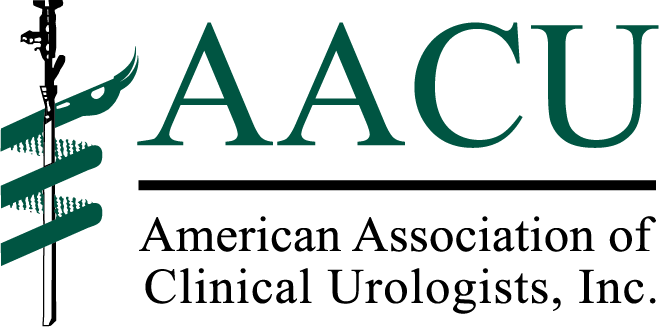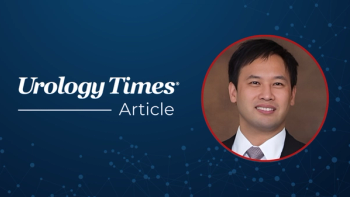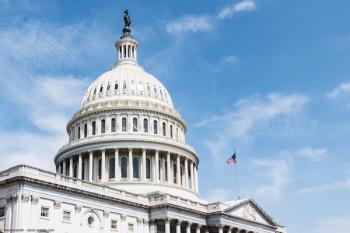
Surprise billing regulation stuns providers, rejects congressional intent

"The AACU joined 1 effort calling for the administration to remove the directive that arbiters anchor their determination to the qualifying payment amount, and instead let them consider all allowable information submitted by the parties to support their offer," says Ross E. Weber of the AACU.
The Centers for Medicare & Medicaid Services (CMS) and several agencies released an “interim final rule” on September 30, 2021, that outlines the process by which out-of-network reimbursement disputes between providers and payers will be adjudicated under federal law. The proposed surprise billing regulations have been met with scorn from the provider community because key provisions contradict the carefully crafted compromise approved by Congress in the final weeks of 2020.
Throughout 2020, several US House and Senate committees held separate hearings on surprise billing as the public increasingly demanded relief from unexpected medical bills for services provided at in-network facilities. The leaders of those committees largely had their own conception of how to address the problem and by December, despite public pressure, it appeared no legislation would be passed before Congress adjourned and a new president took office.
Disagreement within the political parties and among the 4 congressional committees largely centered around what sort of guidelines would be used to determine reimbursement for nonemergency services provided by out-of-network providers at in-network facilities. Early proposals that set a benchmark rate based on the median local in-network charges were ultimately rejected because lawmakers came to understand that in-network charges do not reflect real-world payment rates. In the end, the bipartisan agreement established a process in which outside adjudicators would decide payment rates through arbitration. In-network charges would not be ignored, however, as the law required arbiters to consider the median in-network rate, among several other bits of information submitted by the parties, in making their determination.
The delicate balance that had been achieved in the No Surprises Act was clumsily upended by the regulations released by the Biden administration on September 30. Instead of seeing the median in-network rate as just 1 piece of information to review in the arbitration process, the proposed rule directs the arbiter to consider the amount used by insurers for patient cost-sharing purposes—identified as the “qualifying payment amount”—to be the primary factor in determining the total payment to out-of-network providers. In so doing, the all-important arbitration process would be carried out in a way that places a thumb on the scale in favor of health insurers.
Thunderous opposition from physicians and health systems noted the rule would have far-reaching, disastrous implications. In a news release, the Texas Medical Association (TMA) alleged, “the administration’s short-sighted approach will make it harder for patients to access care by driving down reimbursement rates and encouraging insurance companies to continue narrowing their networks. It will be difficult for small physician groups to keep caring for patients.”1 In another news release, the American Medical Association (AMA) called the interim final rule “an undeserved gift to the insurance industry that will reduce health care options for patients.”2
In the release, AMA President Gerald A. Harmon, MD, said the regulation “disregards the insurance industry’s role in creating the problem of surprise billing at the expense of independent physician practices whose ability to negotiate provider network contracts continues to erode.”2
“Congress appreciated the negative consequences of national price setting for health care services and spent considerable time and effort developing a robust independent dispute resolution process to maintain market balance and preserve access to care, which the Administration apparently ignored,” Harmon added.2
Beyond press releases and stern statements, action is being taken on several fronts to change the proposed regulations.
The AACU joined 1 effort calling for the administration to remove the directive that arbiters anchor their determination to the qualifying payment amount, and instead let them consider all allowable information submitted by the parties to support their offer. The draft joint letter insists that the signatories are not asking for a delay or undoing of any of the patient protections in the No Surprises Act. It simply calls on the rule to be corrected to align with congressional intent.
The federal government has also been taken to court by the TMA over its interpretation of the law. The TMA’s lawsuit seeks to strike the section of the regulations that ties arbiters’ decisions to the insurance companies’ qualifying payment amount because that figure “warps a reference point crucial to the dispute resolution process,” according to an article in The Texan.3
In a statement, TMA President Linda Villareal, MD, concluded, “We are disappointed the Biden administration ignored congressional intent and essentially set up the arbitration system to operate like a casino, with health insurers playing the role of the house. Everyone knows the house always wins. With the current rule, patients, physicians, and our country lose.”1
References
1. TMA sues feds over unfair rule for surprise billing law. News release. Texas Medical Association. October 29, 2021. Accessed November 15, 2021. https://www.texmed.org/Template.aspx?id=58062
2. Surprise billing regulation is a surprise gift to insurance industry. News release. American Medical Association. October 2021. Accessed November 15, 2021. https://www.ama-assn.org/press-center/press-releases/surprise-billing-regulation-surprise-gift-insurance-industry
3. Johnson B. Texas medical association sues federal government over surprise billing rule. The Texan. October 29, 2021. Accessed November 15, 2021. https://thetexan.news/texas-medical-association-sues-federal-government-over-surprise-billing-rule/
Newsletter
Stay current with the latest urology news and practice-changing insights — sign up now for the essential updates every urologist needs.






